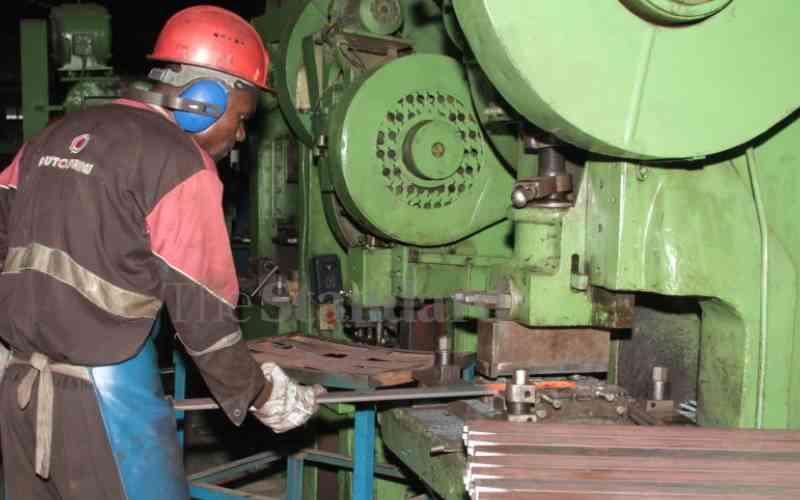×
The Standard e-Paper
Fearless, Trusted News

Over the last decade, Kenya's manufacturing sector has reduced from 10 per cent of the Gross Domestic Product to 7 per cent.
With the shrinkage, many Kenyans have lost jobs. After independence, the government set up industries to spur the economy and improve Kenyan's livelihoods.